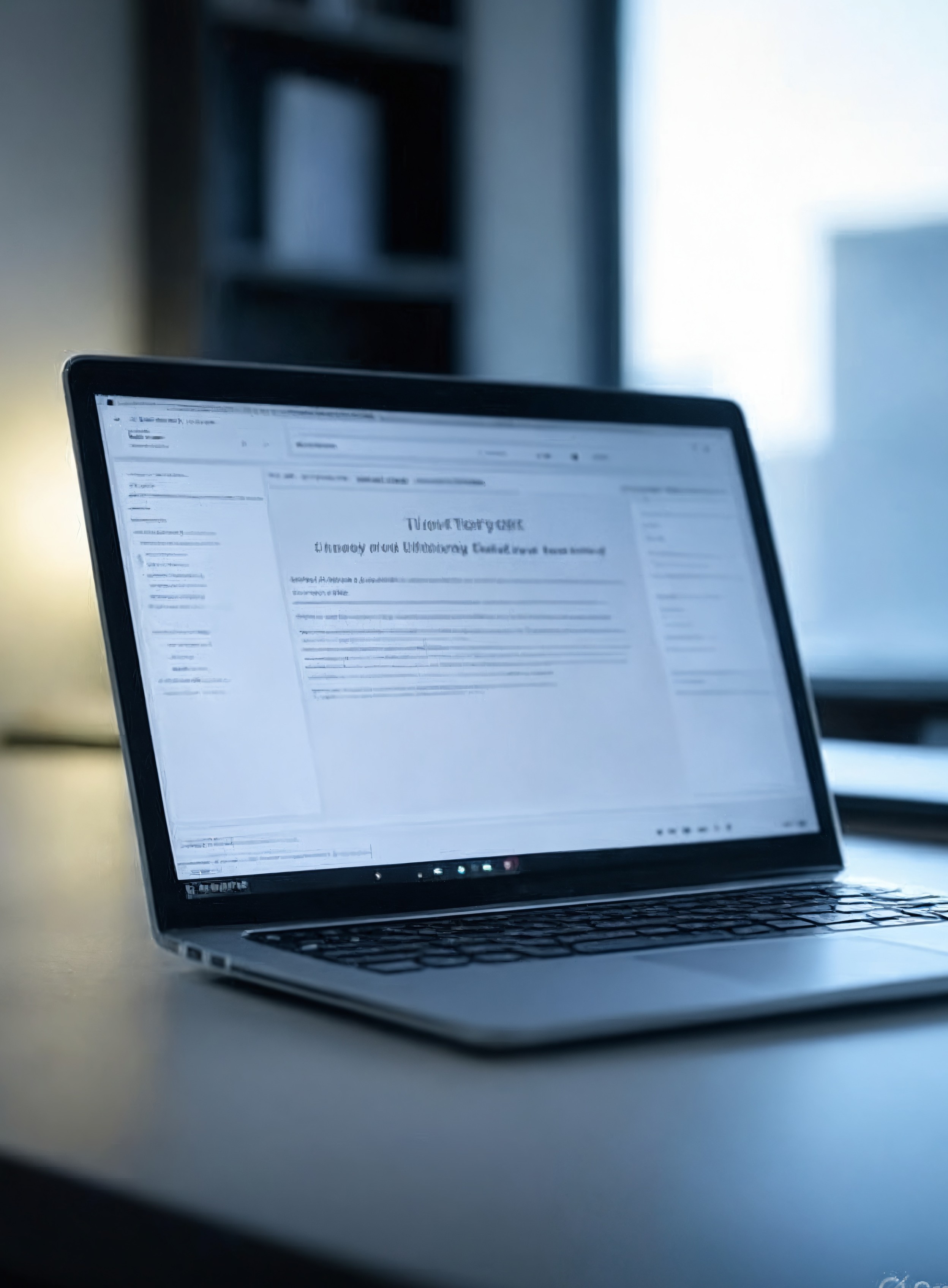
AI Scripts Fuel Cyber Attacks on Hotels
Cyber threats often evolve in ways that mirror broader technological shifts. When attackers start using tools like artificial intelligence to craft their weapons, it changes the game for everyone involved. Recent campaigns targeting hotels in Brazil and Spanish-speaking countries show this shift clearly. Groups like TA558, tracked as RevengeHotels by some researchers, deploy remote access trojans through phishing emails disguised as invoices. What stands out is their use of AI-generated scripts to make these attacks more effective and harder to spot.
This isn't just about one group or one region. It points to a larger pattern where technology meant for creation gets twisted into tools for disruption. Understanding this requires looking at the mechanics, the motivations, and what it means for industries like hospitality that handle sensitive data daily.
The Mechanics of AI-Enhanced Attacks
At the core of these operations are phishing emails that look like routine business communications—overdue invoices or payment requests. These lure victims into downloading malicious files. What's new is the role of AI in generating the scripts that deliver the payload.
TA558 uses large language models to create JavaScript and PowerShell loaders. These scripts are modular, well-commented, and cleaner than the obfuscated code of past campaigns. This modularity allows quick adaptations, making the attacks more versatile. Once executed, they deploy Venom RAT, a fork of the open-source Quasar RAT. Venom RAT excels at stealing data, maintaining persistence by disabling antivirus like Microsoft Defender, tampering with task schedulers, and even spreading via USB drives.
This approach draws from a history of malware evolution. Early viruses were crude, but as defenses improved, attackers innovated. AI accelerates this by automating script creation, letting even less skilled operators produce sophisticated tools. It's like giving a craftsman a machine that designs blueprints on demand—efficiency skyrockets, and so does the threat.
Targeting the Hospitality Sector
Hotels make attractive targets because they process vast amounts of personal and financial data. Guests share credit card details, passports, and travel plans, often through systems not built with top-tier security in mind. In regions like Brazil, Argentina, Mexico, and Spain, where tourism drives economies, a breach can ripple through businesses and reputations.
TA558 has focused here since at least 2015, expanding from Brazil to broader Latin America and beyond. Their campaigns exploit the sector's vulnerabilities, such as employees handling high volumes of emails without rigorous training. Phishing succeeds because it preys on human oversight— an invoice email arrives during a busy check-in rush, and a click follows.
Consider the broader ecosystem. Hotels aren't isolated; they connect to booking platforms, payment processors, and suppliers. A compromised system can serve as a gateway to larger networks. This interconnectedness amplifies risks, turning a single hotel breach into a potential industry-wide issue.
Why AI Makes It Worse
AI doesn't just generate code; it refines phishing lures to sound more natural and convincing. Emails crafted with AI assistance blend seamlessly into legitimate correspondence, evading basic filters. This is a step up from manual crafting, where inconsistencies might tip off vigilant users.
Experts from Kaspersky's Global Research and Analysis Team note this as part of a trend. Cybercriminals use AI for reconnaissance, malware creation, and social engineering. It's efficient: generate, test, deploy at scale. Defenders face a challenge because traditional signature-based detection struggles against constantly morphing code.
Other tools in TA558's arsenal, like NjRAT or NanoCoreRAT, show their adaptability. They've even incorporated loaders like DarkGate in related efforts, pointing to a diverse toolkit. This variety complicates threat hunting, as patterns shift rapidly.
Implications for Cybersecurity and Policy
This trend forces a rethink in defenses. Cybersecurity firms must build AI-driven tools that detect anomalies in behavior, not just known signatures. Behavioral analytics can spot unusual script executions or data exfiltration patterns, even if the code looks novel.
For policy, it's about mandating better practices. Regulatory bodies might push for stricter compliance in hospitality, requiring regular audits, employee training, and advanced endpoint protection. In tech policy circles, discussions around AI governance gain urgency. If models can generate harmful code, should access be restricted? Balancing innovation with security becomes key.
Companies like Perception Point and EclecticIQ contribute intelligence, highlighting the need for collaborative defense. Sharing threat data across borders and sectors can outpace attackers who operate globally.
Broader Industry Trends
Looking across industries, AI's dual use emerges as a theme. What starts in cybercrime could influence legitimate tech development. Startups in cybersecurity are pivoting to AI-enhanced detection, creating systems that learn from attacks in real-time.
In digital transformation, businesses adopting AI must consider security from the ground up. It's not enough to bolt on protections later; design with threats in mind. This first-principles approach—building resilient systems—echoes lessons from past tech waves, like the internet's early days when security was an afterthought.
Future Predictions and Recommendations
Expect more threat actors to adopt AI for scaling attacks. As large language models become accessible, barriers to entry drop. Hotels and similar sectors will see intensified targeting, leading to more breaches unless defenses evolve.
Recommendations start with basics: train staff to recognize phishing, deploy multi-factor authentication, and use endpoint detection tools. Invest in AI-based threat hunting to match attackers' sophistication. For policymakers, encourage international cooperation on cyber norms, perhaps through frameworks that penalize AI misuse.
Cybersecurity providers should focus on adaptive technologies, like machine learning models that predict attack vectors based on emerging trends. The goal is anticipation, not just reaction.
Key Takeaways
AI-generated scripts represent an evolution in cyber threats, making attacks like those by TA558 more potent. The hospitality industry's vulnerabilities highlight the need for proactive security. By integrating AI into defenses and fostering collaboration, we can counter these tactics effectively. Ultimately, technology's progress demands equal advancement in safeguards to protect what's valuable.
Comments
Read more

Brazil's WhatsApp Banking Trojan Surge Exposed
Uncover the Water Saci threat using AI and NFC fraud to target Brazilian users, with expert analysis on evolving cyber risks and defenses.

OpenAI Fights NYT on Chat Privacy Overreach
Exploring OpenAI's battle against a court order exposing 20 million user chats, weighing privacy against journalistic needs in AI's evolving landscape.

Instant Text to PDF: Privacy and Efficiency Redefined
Explore how new tools convert text to PDF instantly while prioritizing privacy, AI integration, and seamless workflows in a data-conscious world.